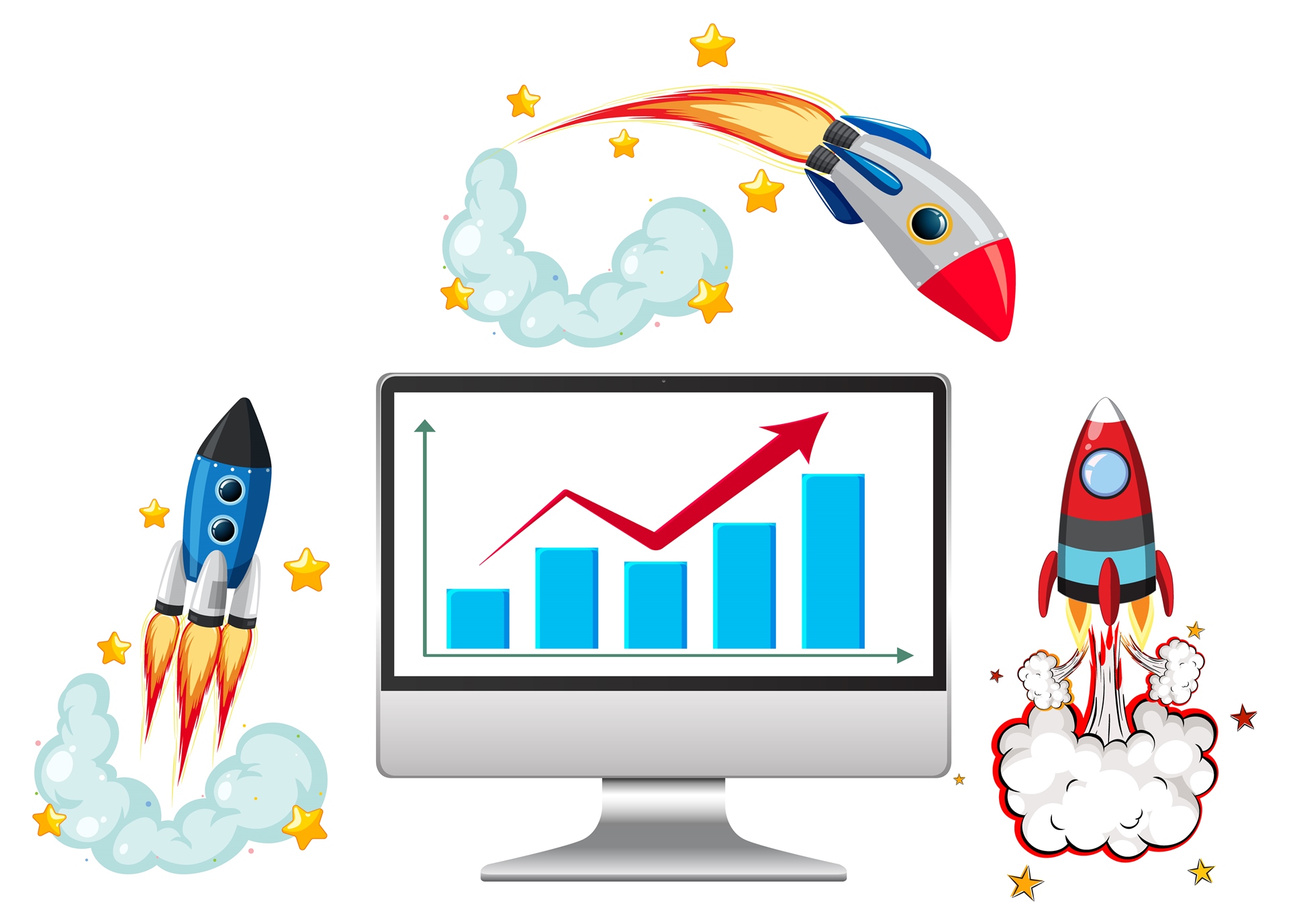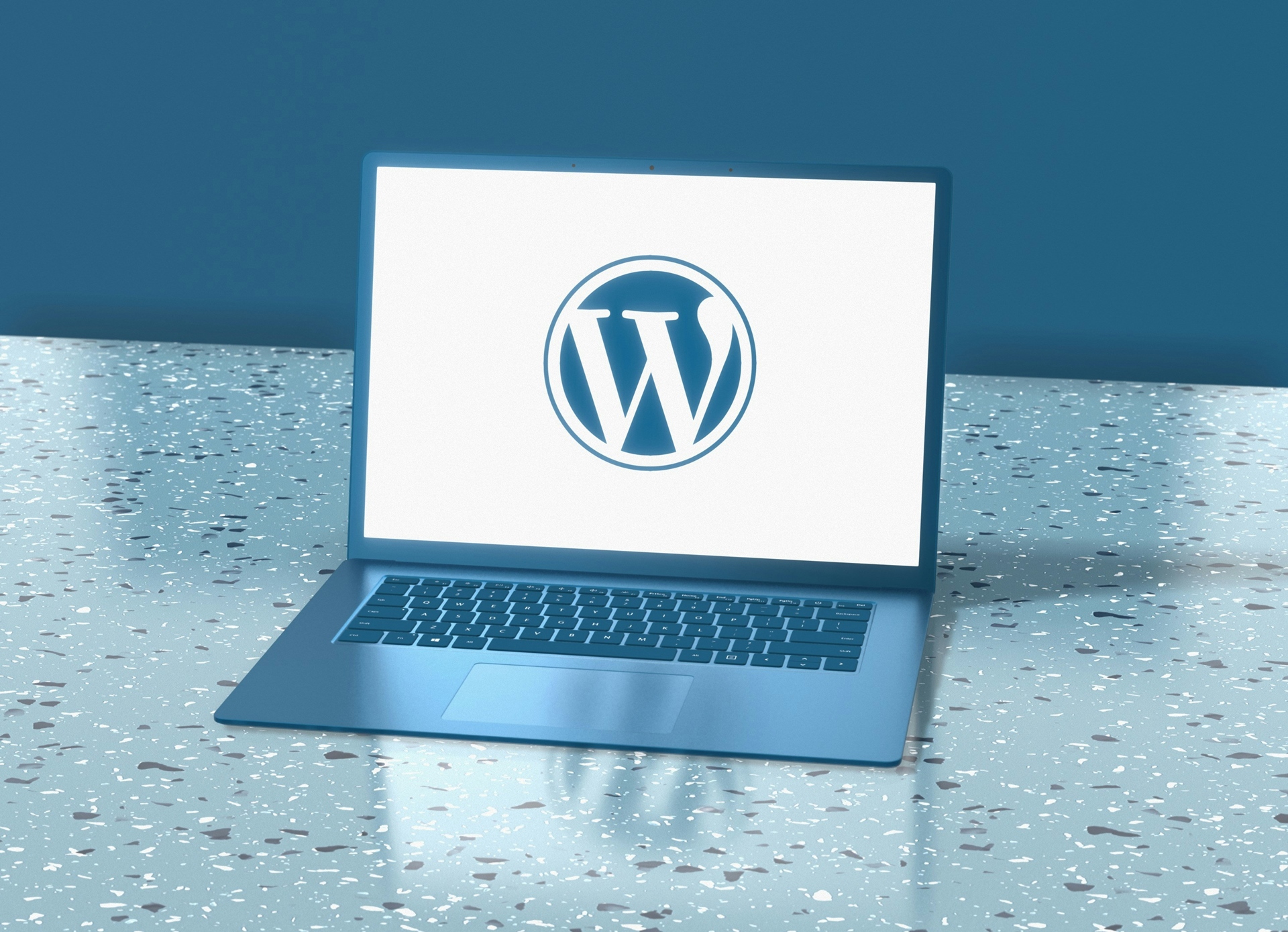Introduction
In today’s digital-first world, businesses that fail to embrace technology often struggle to compete. The year 2025 marks an era where consumer behavior, global connectivity, and rapid technological innovation are transforming industries. Customers expect speed, convenience, personalization, and accessibility—all of which can be delivered effectively through well-designed web solutions.
Whether you’re running a small startup, a mid-sized company, or a large enterprise, having a custom web solution is no longer optional—it’s a necessity. From improving customer experience to streamlining operations and boosting sales, web solutions are the backbone of modern business success.
This article explores why every business in 2025 must invest in web solutions, the benefits they bring, and how they future-proof companies for long-term growth.
1. The Digital-First Era of 2025
By 2025, nearly every aspect of consumer life is connected to the internet. Studies suggest that:
- More than 7.5 billion people will be online.
- Over 80% of purchases will begin with online research.
- Customers expect 24/7 accessibility from businesses.
Without a strong web presence and robust solutions, businesses risk losing relevance. A modern web solution ensures that you’re not just visible, but also interactive, engaging, and trustworthy in a highly competitive digital landscape.
2. Web Solutions Build Brand Credibility
One of the main reasons businesses need web solutions is credibility. In 2025, customers rarely trust a business without a professional website or web application. Key ways web solutions enhance credibility:
- Professional online presence with a custom website.
- User-friendly experience that instills trust.
- Consistent branding across devices and platforms.
- Customer reviews, testimonials, and case studies integrated into web platforms.
In fact, research shows that 75% of users judge a company’s credibility based on its website design. A well-structured web solution can be the difference between gaining a loyal client and losing them to competitors.
3. Customer Expectations Have Evolved
Modern consumers expect much more than just information—they want convenience, personalization, and instant solutions. Web solutions address these needs by offering:
- E-commerce features for smooth online shopping.
- AI chatbots for real-time customer support.
- Personalized recommendations through data-driven systems.
- Mobile-responsive platforms for anytime, anywhere access.
For example, a restaurant with a custom web solution can allow customers to browse menus, place orders online, make reservations, and receive loyalty rewards—all from a single platform.
4. Competitive Advantage in 2025
Competition is fiercer than ever. Regardless of industry, businesses are racing to capture consumer attention online. A robust web solution can give you an edge by:
- Offering unique features that differentiate your business.
- Automating processes to save time and reduce errors.
- Providing valuable analytics for smarter decision-making.
- Enhancing customer retention with loyalty programs and CRM integration.
Businesses that ignore web solutions risk being overshadowed by competitors who provide faster, smarter, and more engaging experiences.
5. Web Solutions Drive Sales and Revenue
At its core, a web solution isn’t just about having an online presence—it’s about driving growth. Here’s how web solutions boost sales:
- E-commerce stores that run 24/7.
- Online booking systems that eliminate missed opportunities.
- Upselling and cross-selling features built into websites.
- Integration with digital marketing tools like SEO, social media, and email campaigns.
For instance, an online clothing store can automatically recommend matching accessories to shoppers, increasing the average order value.
6. Enhanced Data Collection and Insights
Data is the new oil of the digital economy. With the right web solution, businesses can collect and analyze customer data such as:
- Buying patterns.
- Browsing behaviors.
- Geographic trends.
- Customer feedback.
These insights allow businesses to personalize marketing campaigns, improve products, and make data-driven decisions. Without a web solution, most of this valuable information is lost.
7. Cost-Effectiveness and Scalability
Traditional business operations often involve high costs—physical stores, large staff, and offline marketing. In contrast, web solutions offer:
- Lower operational costs by automating repetitive tasks.
- Scalability, allowing you to expand your reach without massive expenses.
- Global accessibility, reaching customers across borders.
For example, a small local store in 2020 might have served only a city, but in 2025, with an e-commerce web solution, that same store can serve customers worldwide.
8. Security and Trust in the Digital Age
Cybersecurity is a growing concern in 2025. Customers want to ensure their data is safe. Businesses with secure web solutions can:
- Protect sensitive customer information.
- Comply with global data protection laws (GDPR, CCPA, etc.).
- Build trust by offering secure payment gateways.
- Use SSL certificates, firewalls, and encrypted communications.
Without these, businesses risk losing customers and facing legal consequences.
9. Mobile-First World and Progressive Web Apps (PWAs)
More than 70% of global internet traffic now comes from mobile devices. Web solutions optimized for mobile—especially Progressive Web Apps (PWAs)—are critical in 2025. PWAs combine the best of web and mobile apps:
- Work offline.
- Send push notifications.
- Provide fast, app-like experiences.
- Eliminate the need for separate app downloads.
This mobile-first approach ensures businesses remain accessible to the widest possible audience.
10. Integration with Emerging Technologies
2025 is an exciting year for technology, and web solutions are evolving to integrate with:
- Artificial Intelligence (AI) for personalization and automation.
- Augmented Reality (AR) and Virtual Reality (VR) for immersive shopping experiences.
- Blockchain for secure transactions and transparency.
- Internet of Things (IoT) for smart devices and real-time data sharing.
Businesses that adopt these integrations early stand out as innovators in their industries.
11. Future-Proofing Businesses
Markets are unpredictable, but digital adaptability ensures survival. The COVID-19 pandemic taught businesses the importance of being prepared for sudden shifts. In 2025, having a robust web solution means:
- You can adapt quickly to new trends.
- Your business remains operational even during disruptions.
- You’re prepared for global competition and changing consumer behaviors.
Web solutions aren’t just a short-term strategy—they’re an investment in the future of your business.
Conclusion
In 2025, every business—whether small, medium, or large—needs a web solution to stay competitive, relevant, and profitable. From boosting credibility and customer experience to integrating AI and advanced analytics, web solutions are the foundation of modern business success.
Without them, companies risk being invisible in a world where customers live online. With them, businesses unlock opportunities for growth, innovation, and global reach.
The message is clear: Web solutions are no longer optional—they are essential for survival and success in 2025 and beyond.






